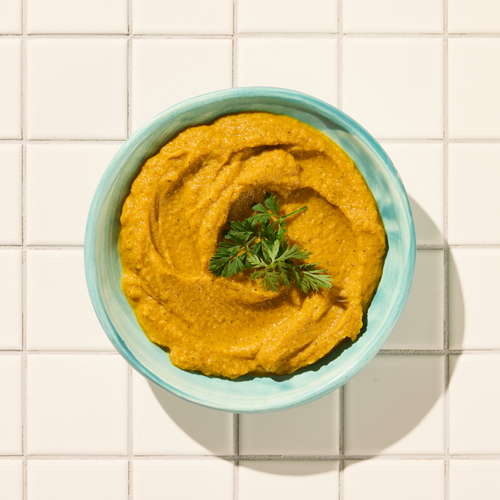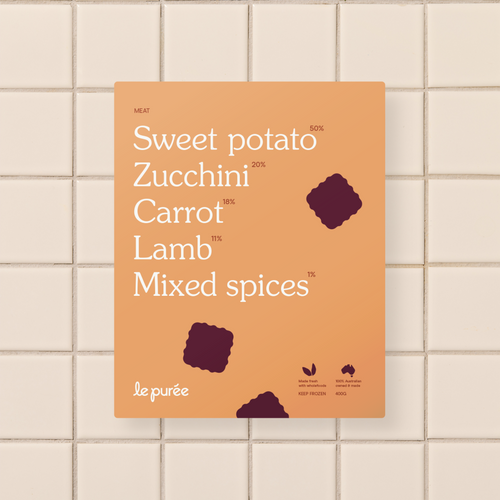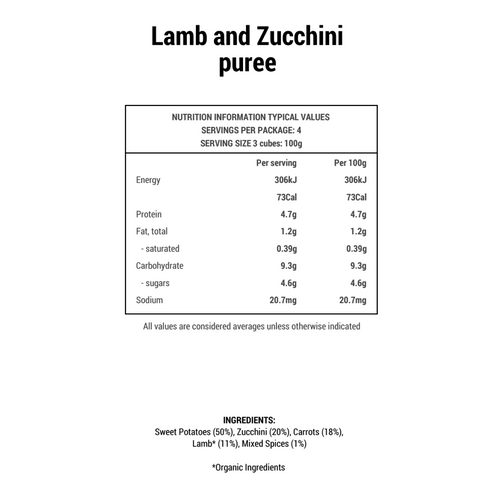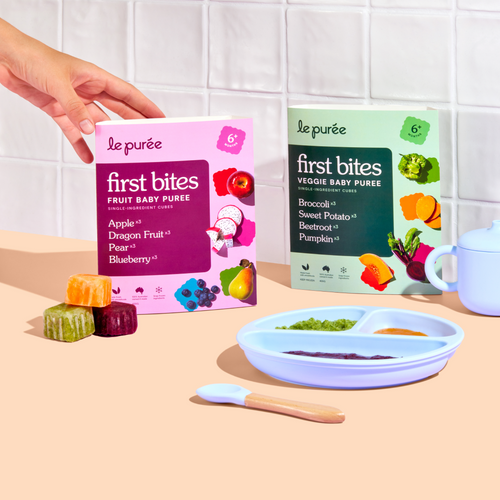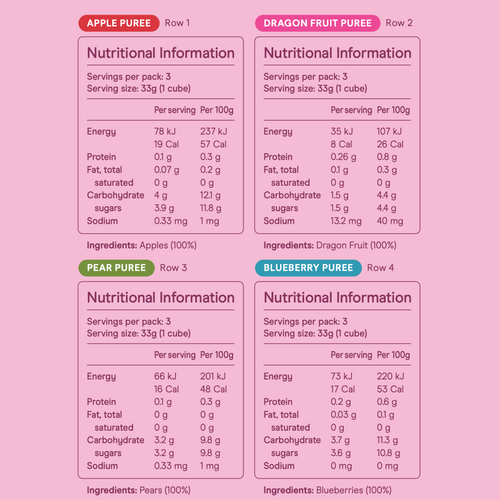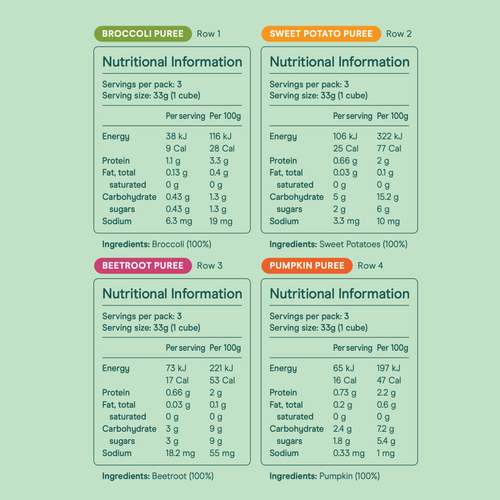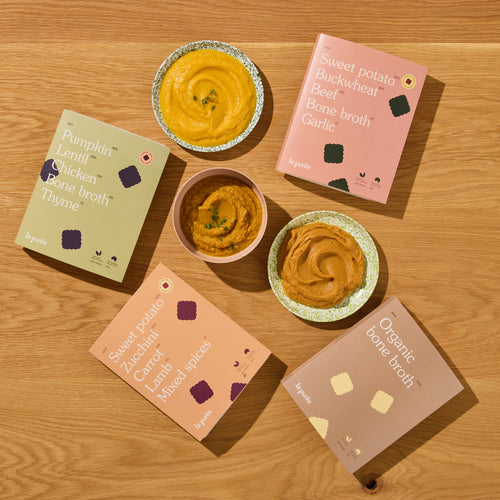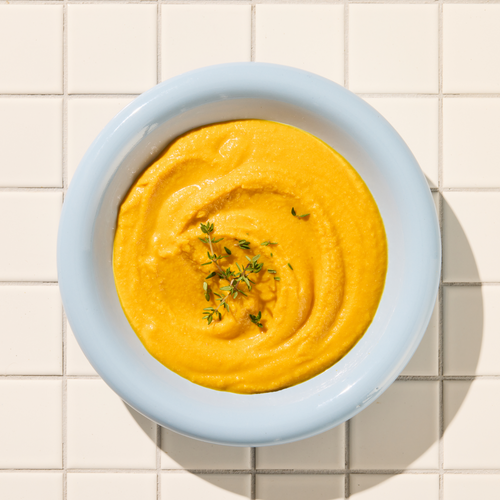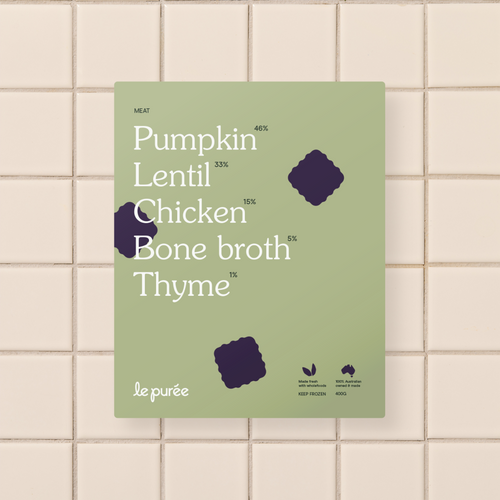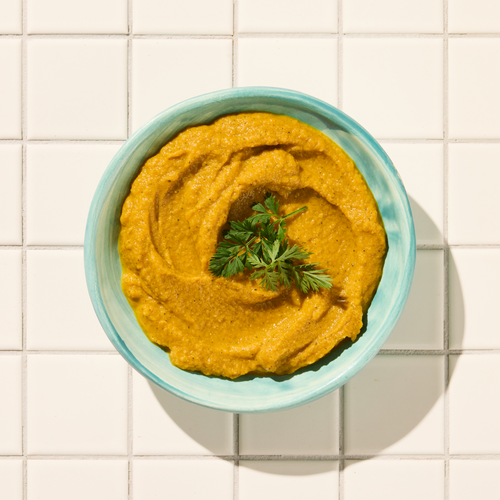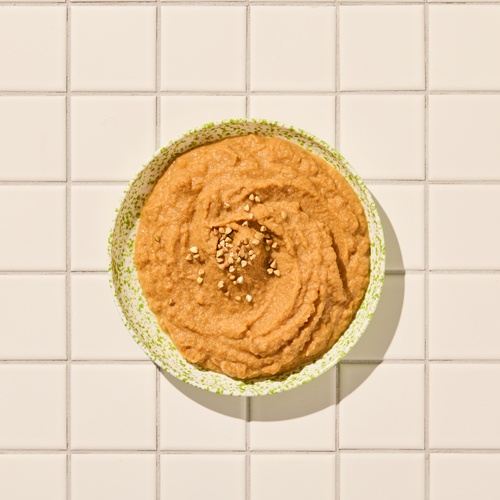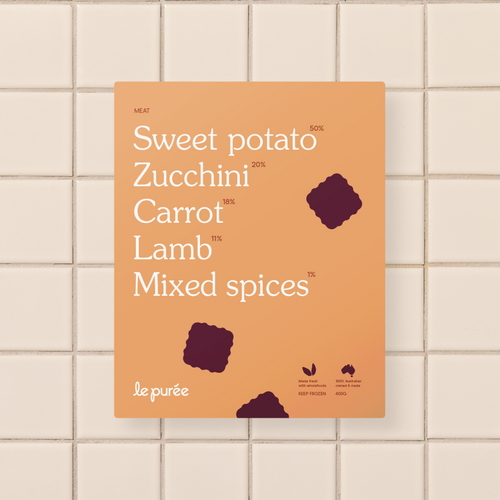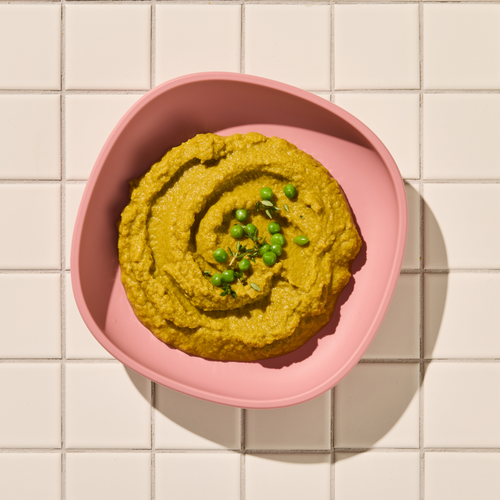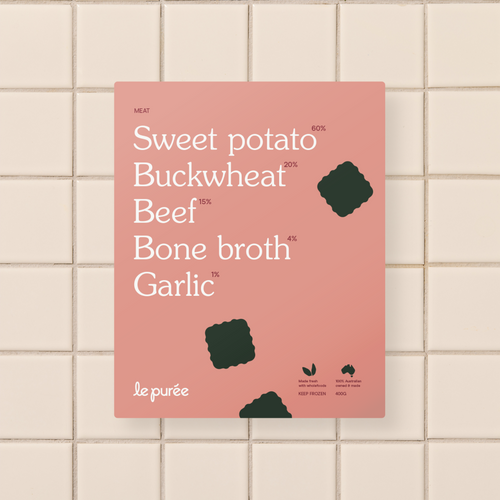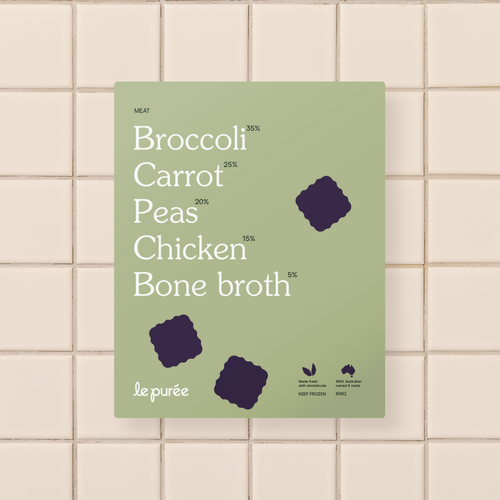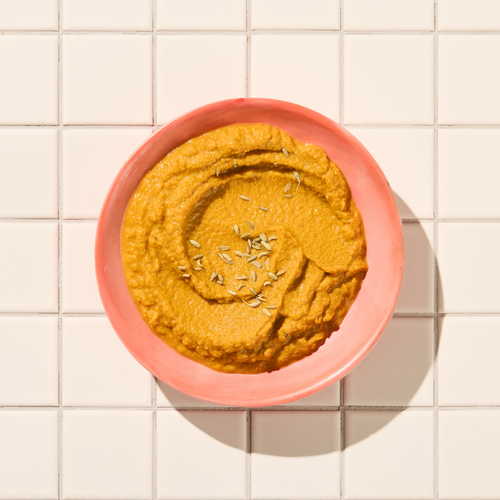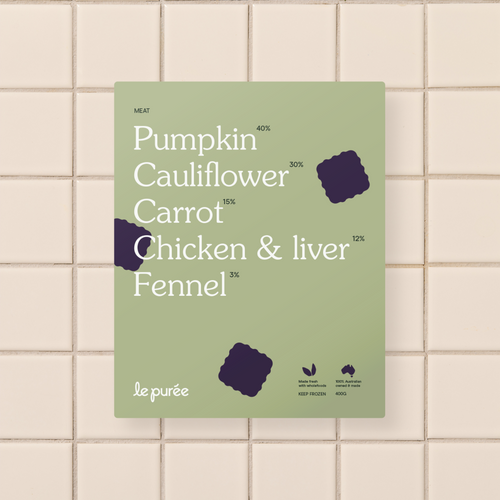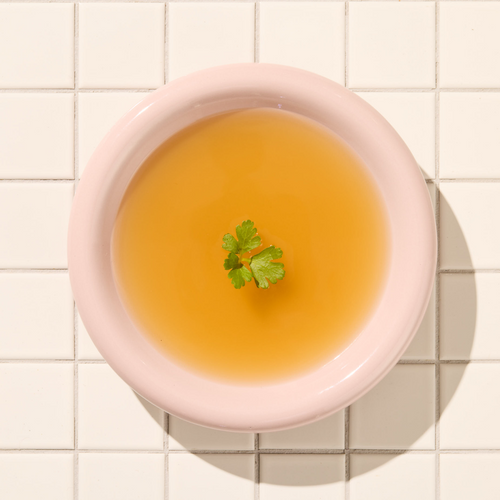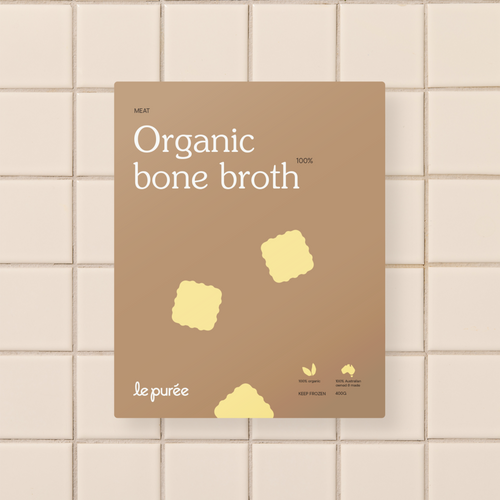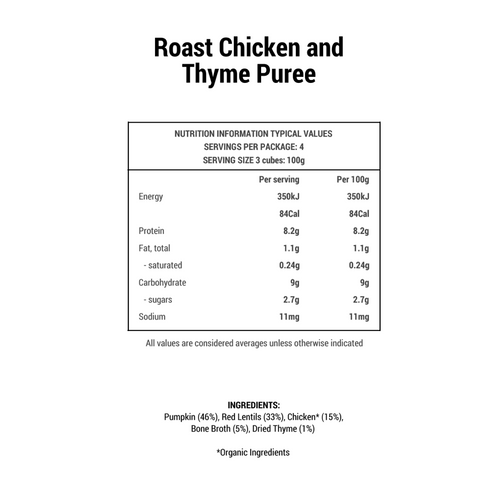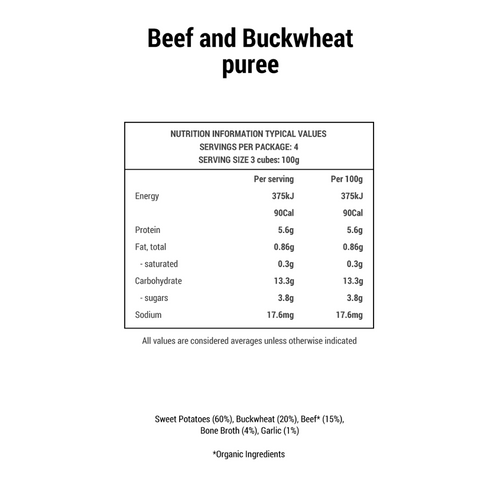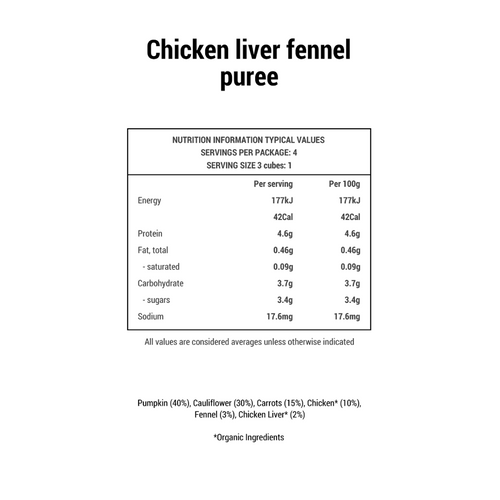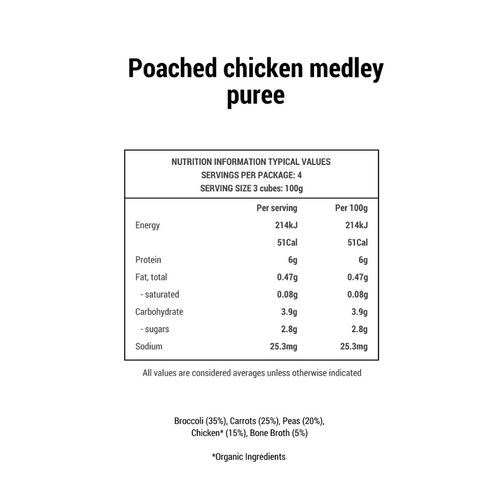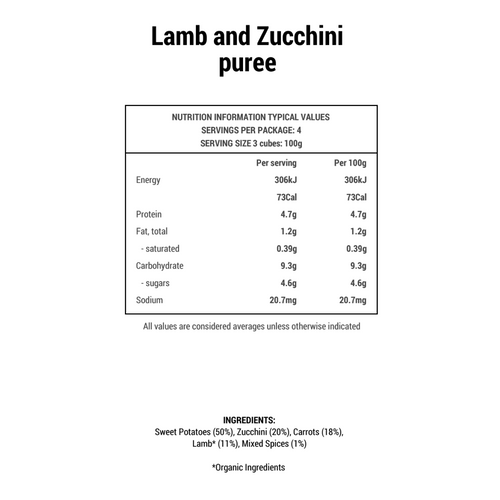Because of their tendency to explore the world with their mouths and the fact that chewing and swallowing are skills still in development– children below the age of 4 (but particularly below the age of 1) are at risk of choking. This is particularly frightening as bubs of this age are also prone to gagging – a necessary, non-harmful process that helps defend against choking, but can easily be confused with it. We’ll break down the signs and steps associated with both choking and gagging in babies.
Infant choking
Choking is when the airway is obstructed and breathing is laboured or no longer occurring. Any object smaller than a 20c coin can become lodged in a child’s airway so it is vitally important that parents and caregivers keep a close eye on the types of objects and foods little ones interact with. Unlike gagging, which is often loud and expressive, the tell-tale signs of choking are much quieter and include a panicked expression, silence, or wheezing. Every second counts in the event of a choking incident, so we recommend all parents and caregivers attend a baby CPR course and keep updated about the changing protocols at different developmenrtal stages. In the meantime you may want to look at a few YouTube videos so you have a basic concept of what to do if you believe there is an obstruction in your babies throat (recommend this vid? https://www.youtube.com/watch?v=gHZdBY-CkGw)
Infant gagging
Gagging, on the other hand, Is a clever reflex that helps prevent choking. When we swallow a series of processes take place to help protect the breathing tube. If anything gets too close to the opening of the airway, our vocal chords reflexively close and our body pushes away the foreign object via coughing and gagging. Babies and young ones still honing these reflexes gag much more than adults. This is particularly the case when they first start on solid food. Despite how unsettling they are to witness for a caregiver; gagging, coughing, and even vomiting are not unusual in the first few weeks of eating solids. If your bub is having difficulty breathing but can still cough, cry and make sounds, lean them forward while you stay below their eye level so they look down at you. Encourage them to cough up whatever they are gagging on, but do not slap their back nor put your fingers in their mouth to coax it out – this could accidentally push the object further into their throat. If their coughing does not lead to a spit up and they cease coughing, call emergency services and commence a choking protocol.
Minimise the risk of choking:
While gagging may be inevitable, choking is not. Prevention is key. Here are some key pointers to help avoid putting your infant at risk:
- Be mindful always of the physical environment – most infant choking incidents are the result of non-food objects. When your bub starts crawling, you will need to regularly get down on hands and knees and make sure there is nothing smaller than a 20 cent piece floating around at baby height
- When preparing food for a baby below 12-months of age, make sure it passes the ‘smush test’ (smushable between your forefinger and thumb)
- Never feed an infant under 12-months old the following foods as they are choking hazards:
- Raw apple
- Nut butter on its own – make sure to spread on bread or mix with yoghurt for a more manageable texture
- Whole grapes (cut in half before serving)
- Raw carrots
- Any type of sausage (unless deconstructed)
- Whole or frozen blueberries (flatten or cut in half before serving)
- Loose corn kernels
- Popcorn
- Whole nuts and seeds
- Dried fruit
- Prawns

Progress out of the gagging stage quicker by working on mouth awareness
Part of what makes us adults more refined eaters less prone to gagging and choking is our mental map of what foods feel and taste like in our mouths. As a result, we have a clear sense of when food is chewed ‘enough’ to swallow and how to accurately remove undesirable objects from our mouths (think small bits of eggshell or fish bones). You can help babies improve their mental map by feeding them resistive foods like a mango seed or a rib bone that help them draw out this mouth awareness, test out different biting and lateral tongue movement reflexes, and help build coordination for future eating.



